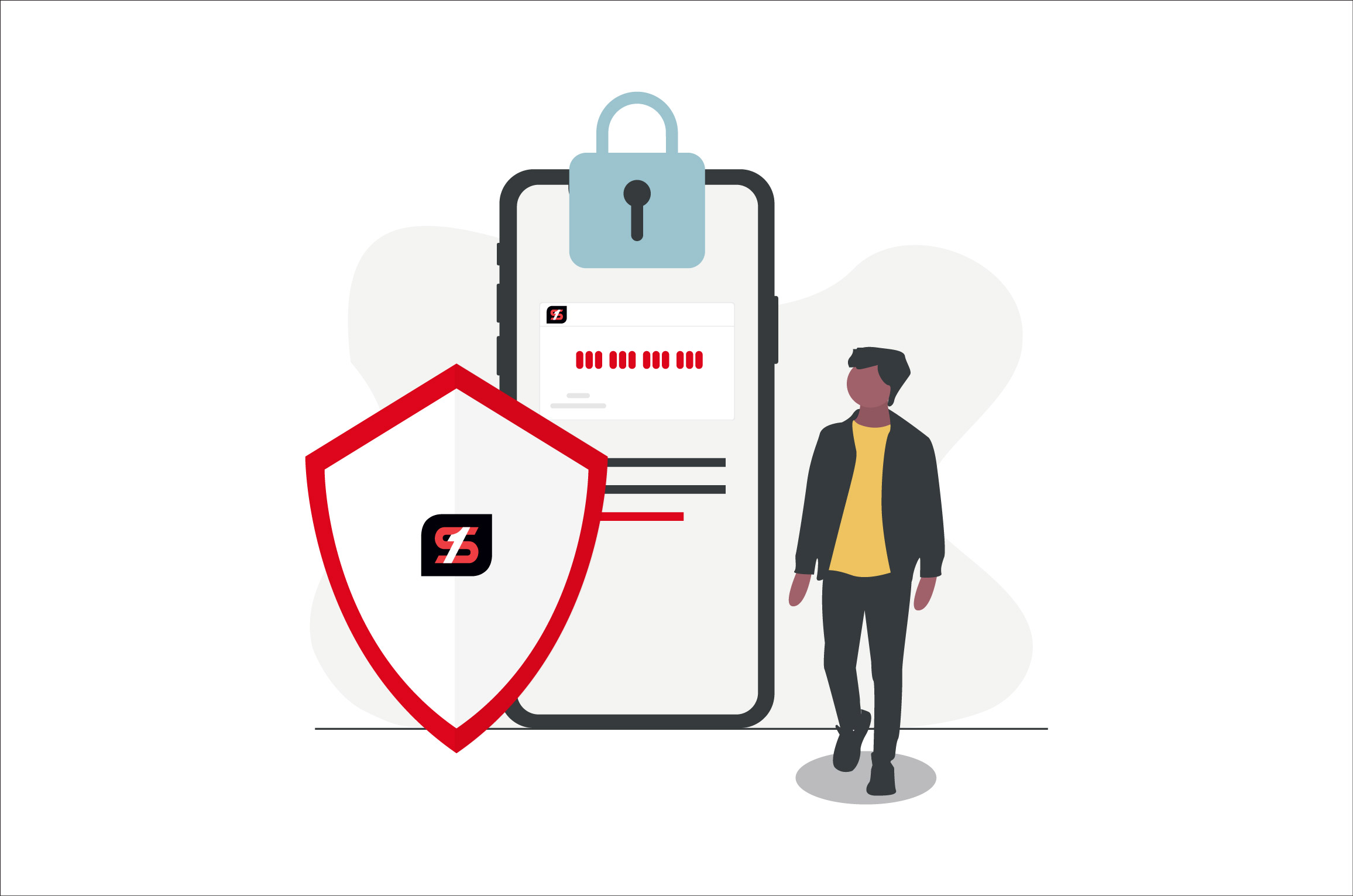Easy tips to spot and avoid fraud
Scammers target everyone
Scammers target everyone—regardless of age, background, or financial status. Their primary goal is to steal your money, your identity, or both. These fraudsters often create elaborate and convincing stories to gain your trust or create a false sense of urgency that clouds your judgment.
Effective ways to protect yourself
The best defense against fraud is taking proactive steps before scammers target you. These practical measures will strengthen your security and help you make more informed decisions when faced with potential threats.
- Be cautious with emails and text messages: Don't open messages from unknown senders. If you're unsure about a message's legitimacy, contact the sender through other means before clicking any links.
- Watch for deceptive links and websites: Scammers create fake websites that closely mimic legitimate ones, using slight variations in spelling or logos to deceive you. Avoid clicking unexpected links, which often lead to fraudulent sites.
- Protect your personal information: Never share details like your Social Security number, birth date, address, bank account numbers, one-time codes, pins or passwords with someone who contacts you unexpectedly. When entering sensitive information online, verify that you're on a secure website (look for "https" and a lock icon in the address bar.)
- Create strong, unique passwords: Use passphrases or different combinations of letters, numbers, and symbols for each of your accounts. Consider using a reputable password manager to help maintain security.
- Keep your devices protected: Regularly update the programs and apps on your computers, tablets, and phones - these updates often include important security fixes. Install protection software (like antivirus programs) and turn on automatic updates.
- Be careful on social media: Adjust your privacy settings and consider connecting only with people you know personally. Remember that scammers gather information from your online presence to sound familiar and trustworthy.
- Question "too good to be true" offers: Ask yourself why someone would offer such an amazing deal. Legitimate opportunities rarely require immediate decisions.
- Use secure payment methods: Most Credit cards and Debit cards provide fraud protection and allow you to dispute unauthorized charges, plus they typically include additional security features like chip technology and fraud monitoring, though the level of protection can vary by card type and issuer.
- Research before you engage: Before dealing with unfamiliar companies or charities, check their legitimacy with your state consumer protection agency or the Better Business Bureau.
- Resist high-pressure tactics: Legitimate entities will give you time to make decisions. Be wary if someone demands immediate action or won't take "no" for an answer.
- Monitor your accounts: Regularly check your bank accounts, online services, and credit score. Simmons Bank customers can use Card Controls to set up customized alerts and protections and access their credit score through Simmons Bank Online and Mobile Banking to help detect potential fraud early.
- Stay informed about cyber threats: Keep yourself updated on current scams. The Cybersecurity and Infrastructure Security Agency (CISA) provides regular alerts about new threats.
Warning signs: what to look out for
Scammers are always improving their tactics to steal your money and personal information. Recognizing the warning signs can help you stay one step ahead of fraudsters. Ask yourself these questions when faced with a potentially suspicious situation:
- Is there a strong sense of urgency or fear?
- Are there spelling errors, strange formatting, or unusual email addresses?
- Does the website URL look slightly different from the official company site?
- Are you unable to find legitimate contact information or verify the person's identity?
- Did this contact come unexpectedly from someone you don't normally hear from?
- Is the sender asking you not to tell anyone about your conversation?
- Are they refusing phone calls or video chats?
- Is someone requesting payment through unusual methods (gift cards, wire transfers, gold or silver bars, or cryptocurrency)?
- Has someone claimed to send you a check and asked you to send some money back?
- Are you being asked to move money to "protect" it from some threat?
- Is someone unexpectedly requesting sensitive personal information such as login information, pins or one-time codes via email, text, or phone?
- Did you receive a link asking you to "verify" account information you didn't initiate?
- Has someone requested access to your computer or accounts unsolicited?
- Does the offer seem too good to be true?
- Do you feel uncomfortable or uncertain about the situation, but are being reassured everything is fine?
If you answered “YES” to any of these questions, visit www.ic3.gov for additional resources and file a complaint with the FBI Internet Crime Complaint Center (IC3).
Let’s review:
Remember, legitimate entities won't pressure you to make immediate decisions about financial matters. When in doubt, pause, research, and consult with trusted friends or family members before taking action. If you have been a victim of a scam or need guidance, contact local law enforcement, the Federal Trade Commission (FTC), the FBI's Internet Crime Complaint Center (IC3) or your financial institution for help.
This article is for educational purposes only and is not intended to be financial, investment, legal, or tax, advice. Always consult a qualified professional about your personal situation.





